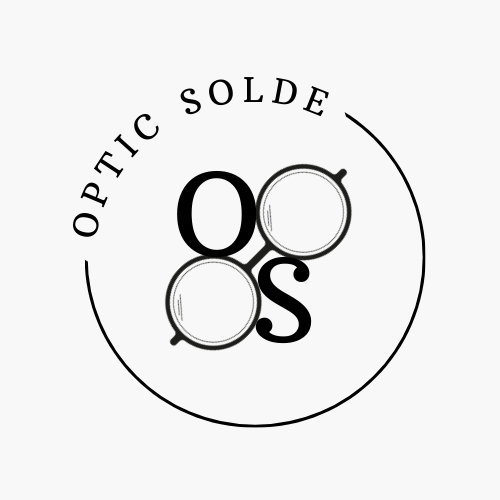The Importance of UV Protection in Prescription Eyewear
When it comes to eyewear, most people are familiar with the idea of wearing glasses or contact lenses to correct their vision. However, many may not realize the importance of UV protection in prescription eyewear. Both prescription glasses and contact lenses can be equipped with UV protection, which offers numerous benefits for eye health and overall well-being. In this article, we will explore the significance of UV protection in prescription eyewear and why it should be a top priority.
Why UV Protection Matters
1. Shielding Against Harmful UV Rays
Ultraviolet (UV) rays are a type of electromagnetic radiation emitted by the sun. Prolonged exposure to UV radiation can lead to various eye conditions, including cataracts, macular degeneration, and even cancer. By wearing prescription eyewear with UV protection, individuals can minimize the risk of these potentially debilitating conditions. UV-blocking coatings on lenses effectively absorb and deflect harmful UV rays, ensuring that eyes are shielded and kept healthier in the long run.
2. Preserving Eye Health
Our eyes are delicate organs that require proper care and protection. Without UV protection, the eyes are directly exposed to damaging UV radiation, which can accelerate the aging process and lead to premature eye-related problems. By incorporating UV-blocking technology into prescription eyewear, individuals can safeguard their eyes, reducing the likelihood of developing vision-related issues later in life. Prioritizing eye health through UV protection ultimately promotes overall visual well-being.
The Benefits of UV Protection in Prescription Eyewear
– Reduced risk of cataracts: Cataracts occur when the lens of the eye becomes clouded, causing vision impairment. Chronic exposure to UV rays is one of the leading causes of cataracts. By wearing prescription eyewear with UV protection, individuals can significantly reduce their chances of developing this common eye condition.
– Prevention of macular degeneration: Age-related macular degeneration (AMD) is a progressive eye disease that affects the macula, the central part of the retina responsible for central vision. Studies have shown that prolonged exposure to UV radiation can contribute to the development of AMD. Prescription eyewear equipped with UV protection acts as a barrier against harmful rays, helping to prevent or delay the onset of this degenerative eye condition.
– Decreased risk of ocular melanoma: Ocular melanoma is a rare form of eye cancer that primarily affects the melanin-producing cells of the eye. While the exact cause of ocular melanoma is unknown, prolonged exposure to UV radiation is considered a risk factor. By wearing prescription eyewear with UV protection, individuals can minimize their exposure to UV rays and reduce the potential risk of developing this serious eye condition.
It is important to note that UV protection in prescription eyewear is not limited to sunglasses. Everyday eyeglasses and contact lenses can also be equipped with UV-blocking technology. Consulting an eye care professional about options for UV protection when purchasing prescription eyewear is crucial. By doing so, individuals can ensure their eyes are well-protected against harmful UV rays and maintain optimal eye health throughout their lifetime.
In conclusion, the significance of UV protection in prescription eyewear should not be underestimated. By shielding eyes from damaging UV radiation, individuals can enjoy improved eye health, reduced risk of eye conditions such as cataracts and macular degeneration, and decreased chances of developing ocular melanoma. Whether it is through the use of UV-blocking coatings on glasses or UV-protective materials incorporated into contact lenses, prioritizing UV protection in prescription eyewear is essential for long-term eye care and overall well-being.
